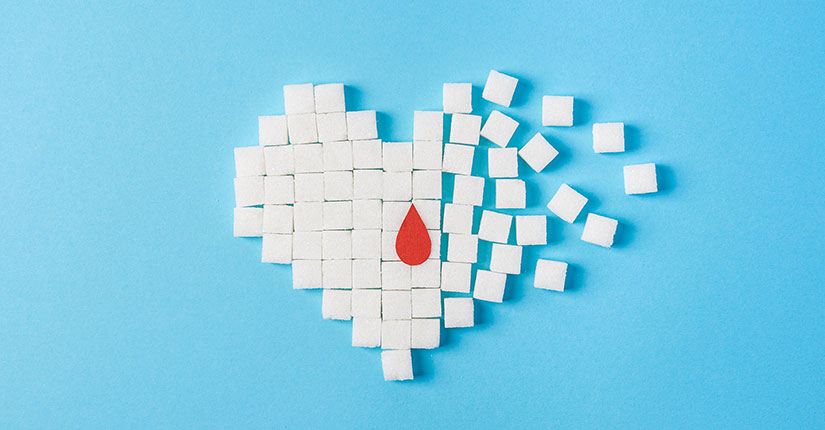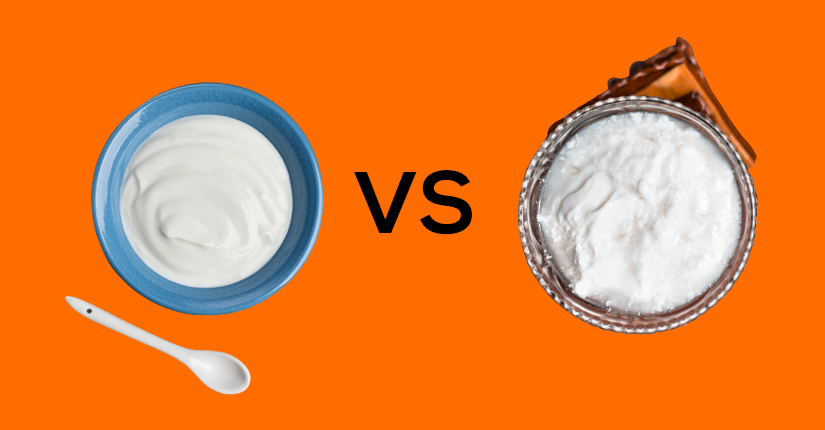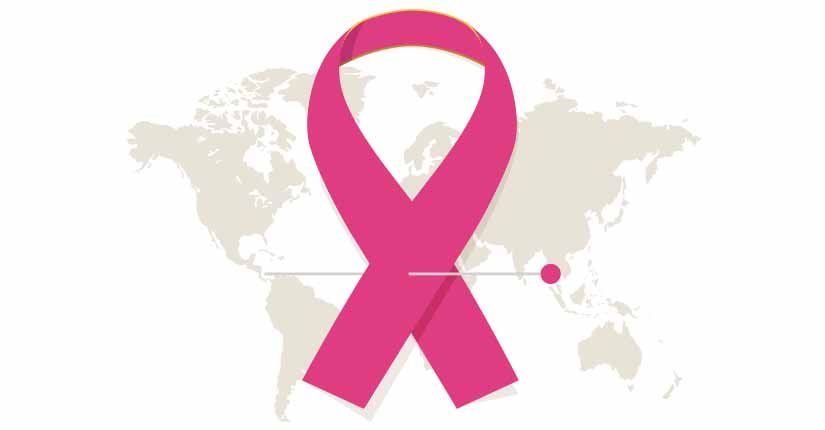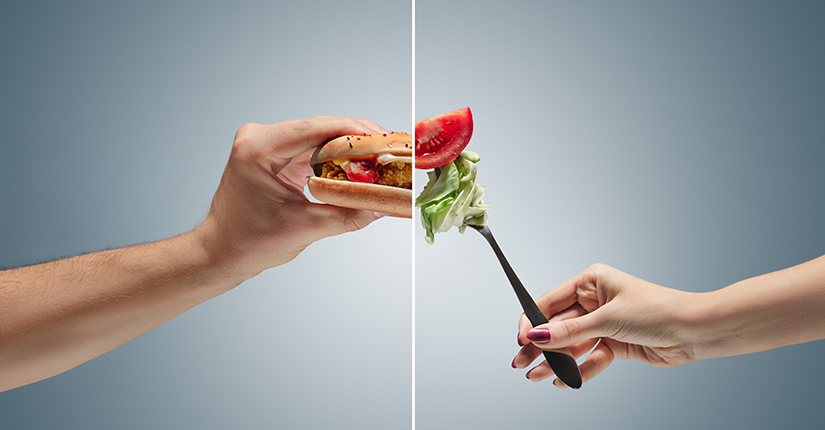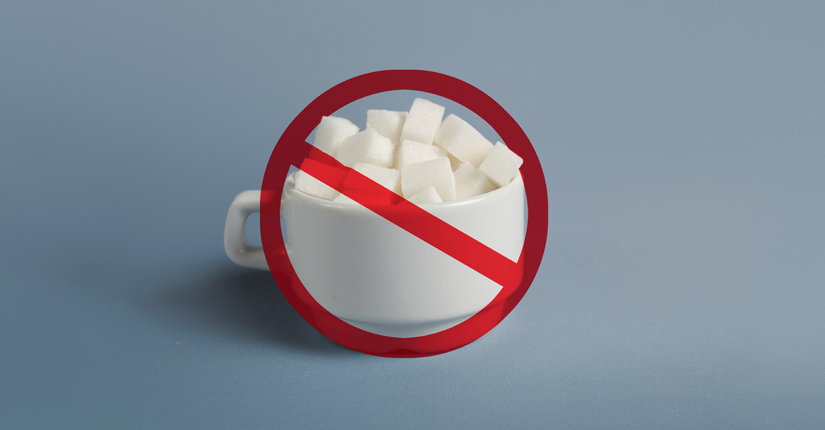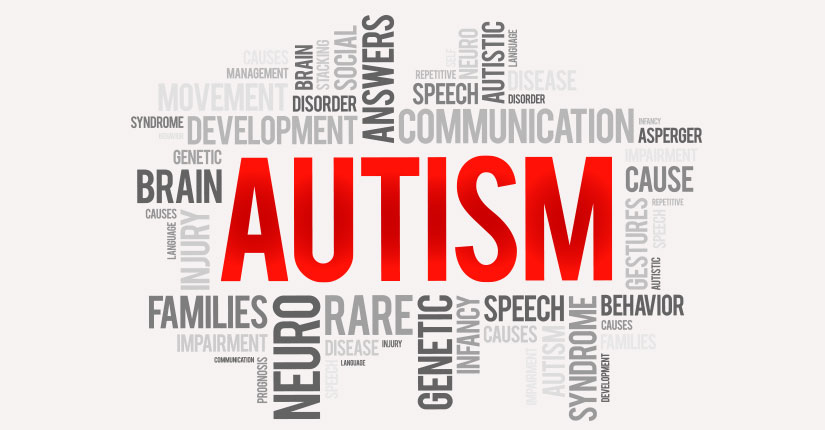6 signs to identify early diagnosis in prostate cancer
By Nmami Agarwal 11-Mar 2023 Reading Time: 4 Mins
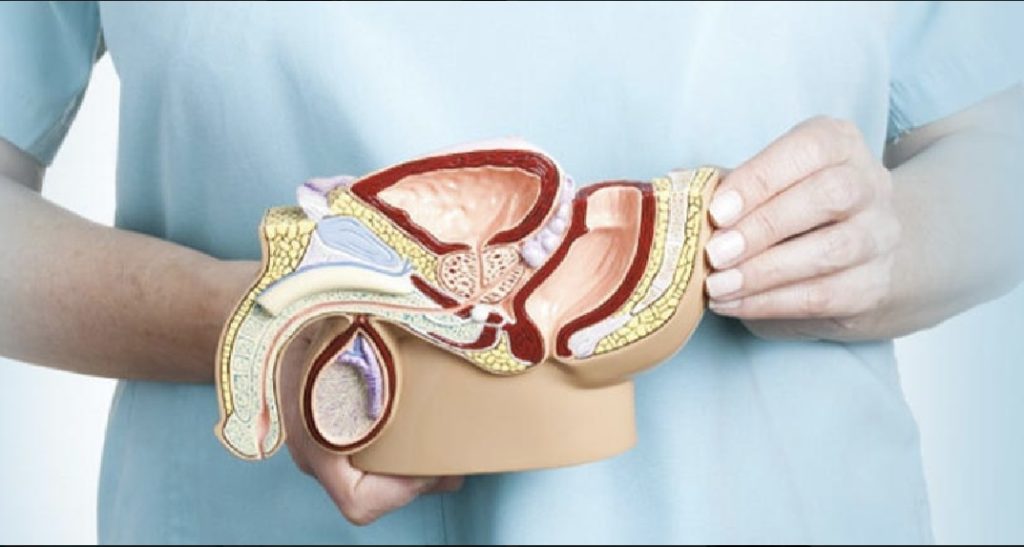
Prostate cancer is one of the top ten leading cancers in India. It usually affects men in the age group of 65+ years. Studies have shown that prostate cancer is the second most frequently diagnosed cancer in men worldwide and the fifth most common cancer overall.
What is prostate cancer?
Prostate cancer is a disease in which malignant (cancer) cells form in the tissues of the prostate. The prostate is a gland in the male reproductive system and is involved in making fluid that is a part of the semen.
Risk factors
There are several risk factors implicated in the causation of prostate cancer, namely, positive family history, history of diabetes mellitus, height, weight and obesity, smoking habit, low physical activity, high body mass index (BMI) and vasectomy.
6 warning signs for an early diagnosis
Early prostate cancer usually go undetected. However there are a few signs and symptoms that one must not ignore and get yourself checked to rule out any diseases related to the prostate gland. Some of the signs are –
- Slow or weak urine flow – If your urine starts and stops beyond your ability to control, it is better to get your prostate checked.
- Frequent need to urinate – A tumor on the prostate can put pressure on your bladder and urethra, so take note if you start to feel a frequent and sometimes urgent need to urinate, especially at night.
- Trouble emptying the bladder completely along with pain – when you feel unsatisfied after urination and get the feeling that your bladder is not emptied completely. Also there is burning or pain while peeing.
- Blood in urine – Hematuria or blood in urine is another warning sign that should not be ignored. This sign need not be only due to prostate cancer but nevertheless it is better to get it checked.
- Pain – a common sign is pain in the prostate area especially while sitting down. Some people also experience pain in the back, hips or pelvic region that do not go away soon.
- Ejaculation issues – If you have the following symptoms of painful ejaculation, decreased volume or blood in semen then it is good to get yourself checked by a doctor.
Prevention
There is no sure way to prevent prostate cancer. Many risk factors such as age, race, and family history can’t be controlled. A few steps in the right direction can help reduce the risk of Prostate cancer.
- Aim to lose excess fat and sustain healthy weight.
- Keep physically active.
- Follow a healthy eating pattern, which includes a variety of colorful fruits and vegetables and whole grains, and avoids or limits red and processed meats, sugar-sweetened beverages, and highly processed foods.

